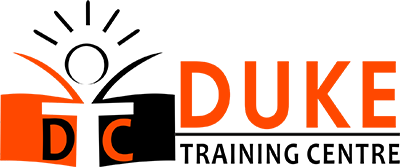Diploma in Logistics, Supply Chain & Transport
A program which teaches about, and how to carry out effectively, the vital role of business logistics and supply chain management.
This Program teaches current and intending employees, managers, business people and logisticians to understand logistics and supply chain management, and how to develop competitive strategies which maximise the effect of good logistics and transport organisation. This important subject incorporates many activities including: physical distribution, materials management, transportation, facilitating, supply chain management, procurement, order processing, purchasing, warehousing, stock and materials handling, and packaging. It focuses on planning, organising and controlling logistics activities and making the best decisions to ensure products and services are available at the right time and place, in the right condition, in a profitable and cost-effective way; and it covers strategic planning and decision-making as an important part of the logistics management process. The Program explains how to build customer relationships and to carry out logistics, supply and transport duties efficiently; it is vital for anyone who wants a career in logistics, supply and transport.
Major Topics Covered in this Diploma Program Include:
- Defining logistics, explaining its importance; the management of logistics and the supply chain.
- The processes and activity mix; costs, customer expectations, strategy.
- Business firms and added value through logistics effectiveness.
- Logistics and supply chain aims and the relationship to marketing, production, inventory and transport.
- Logistics and supply chain strategy (LSC), the relationship to overall corporate strategy.
- Logistics planning levels and areas, tactical decisions.
- Implementing strategy, channel strategies; their characteristics, measuring performance and costs.
- LSC products and their characteristics, and those effects on pricing and packaging.
- The effect of the product life cycle on managing and organising the supply and logistics.
- Elements and goals of customer service; its importance, handling complaints.
- The order cycle time, priorities in logistics.
- Logistics and sales and customer relations; defining the optimum service level.
- Logistics concerns about service variability and constraints.
- Order processing: definition, administration, order processing and order filling.
- Time and other factors affecting order processing; order status reports.
- Logistics information and management information systems.
- Dealing with inventory orders, warehouse management; functions, databases.
- Transport choices and features: rail, air, truck, water transport; their characteristics.
- Intermodal transport services, transport agencies.
- Decisions and strategies in transport choice; cost and rate profiles, variable and fixed, rate profiles.
- Transport decisions, selection and appraisal, private carriers, competition factors.
- Vehicle routing and scheduling, freight consolidation, transport documentation.
And much more…..







